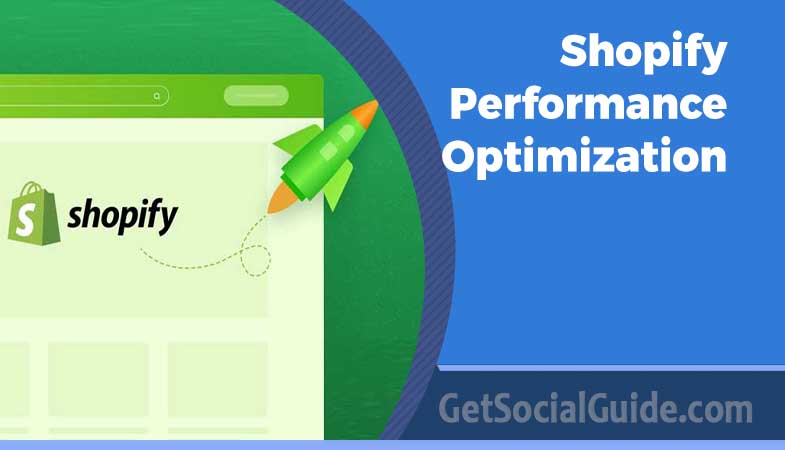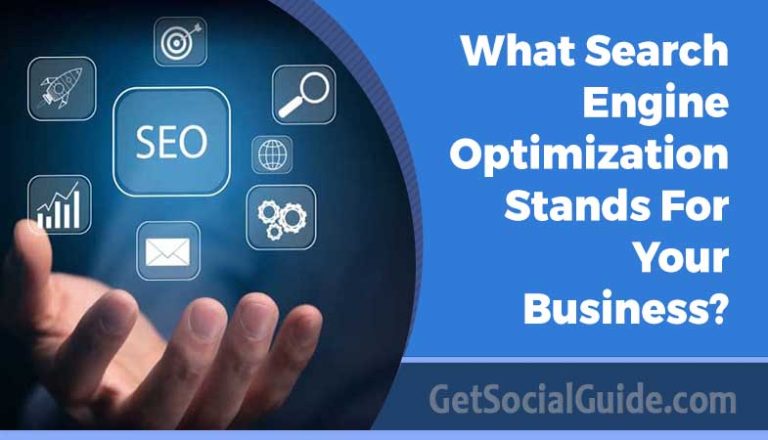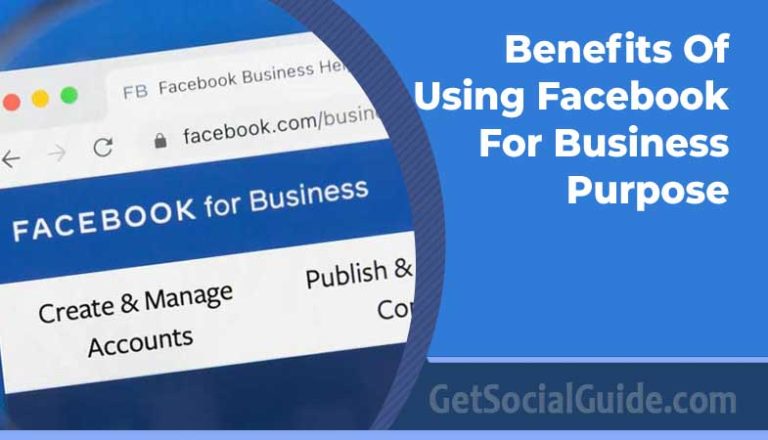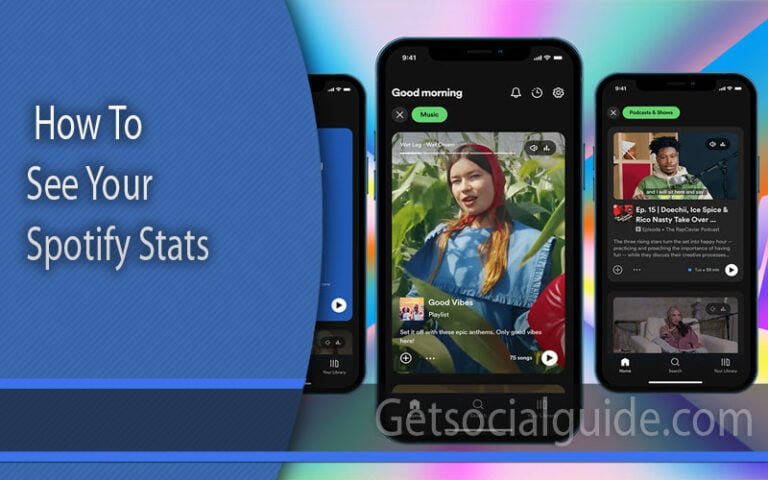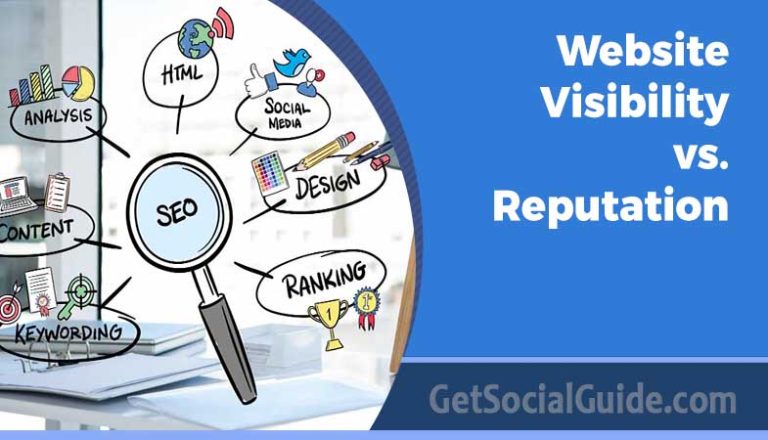Shopify Performance Optimization: Elevating Your Online Store’s User Experience
Online shopping is painting the town blue with its incredible features & functionalities and Shopify is leading this race with an invincible baton.
However, there is much more to be explored as the digital ear is on us and despite having multiple online stores in the market, only a few are making a hustle and others do not.
The simplest reason is that these stores lack some essential elements that curb their sites to gain attention.
In this blog piece, we have brought a series of tips that are required for Shopify Performance Optimization.
Let’s scroll ahead and find out together.

⚠️ The 3‑Second Rule: You Lose 40% of Visitors After 3 Seconds
According to Google, as page load time goes from 1 second to 3 seconds, the probability of bounce increases by 32%. At 5 seconds, it jumps to 90%. For a Shopify store, that’s lost revenue every single day. Performance optimization isn’t a luxury—it’s survival.
Optimize Page Speed
It has been observed that page loading speed can be an engaging factor for the users to stay glued to your site.
Web pages that load slowly despite having better services and products, lose big time on the user’s interest.
The average loading speed that gains attention from the users is anything between 0.3 to 0.5 seconds or less than that.
Anything that loads slower than that increases the bounce rate and drastically impacts SEO reach.
Here the best way to combat the page load issue is to implement asynchronous loading using Shopify development services that allow multiple scripts to be loaded in one go without wasting the time of the users to access the site.
Ideal load time for highest conversion
of mobile users abandon sites taking >3s
Average Shopify store load time (2025 data)
⚡ Pro Tip: Lazy Load Below‑the‑Fold Content
Implement lazy loading for images, videos, and even product reviews that appear after the user scrolls. This drastically reduces initial page weight. Shopify’s native theme editor often includes this option, or you can use apps like Lazy Load by Archetype.
Select Shopify Approved Theme
Shopify offers a huge ground of themes to choose from and it is tempting enough to choose from this glut.
However, a poorly managed theme can bog down the user experience by slowing down the page speed.
In other words, not every theme is suitable for your site and there has to be well-thought and research analysis must be conducted before taking a step forward.
You can always take a look at the other stores using the themes and they make your decision. However, the themes available on the Shopify store are vetted to be used.
Dawn (free) – Shopify’s flagship theme, built for speed. Scores 80+ on mobile Lighthouse.
Warehouse – Feature‑rich but lightweight. Excellent for large catalogues.
Impulse – Great for storytelling, but requires careful app management to stay fast.
SEO Optimization
In the digital world to gain explicit recognition few practices deal with SEO
SEO is often considered for paid marketing but not many of us know this tactic can be a game changer to improve visibility on search engines, provided the right practices are being followed.
Including the right keywords meta tags meta titles that resonate with your products and services can help search engines reflect your site for relevant searches.
Another way to optimize your Shopify site on the SEO ground is by making it mobile-friendly.
When you Hire Dedicated Shopify Developers, you must ensure the site is mobile optimized, so users don’t have to juggle on their laptops or machines to check your website.
SEO isn’t just about keywords—it’s about structure. Use descriptive, keyword‑rich URLs (e.g., /collections/mens-running-shoes instead of /collections/12345). Optimize your alt text and ensure every product has a unique meta description. Shopify’s built‑in blogging platform is also a powerful SEO tool—use it to answer customer questions and drive organic traffic.
Shopify Online Image Resizer
On the other hand, it is highly advisable to optimize the images, as the heavy files are bound to make the page slow.
Often it has been noticed that designers do compress the images which loses the quality and makes the outcome look pixelated or of poor quality.
You must use Shopify’s online image resizer which helps reduce the image size without compromising on the image quality from any angle.
🖼️ Pro Tip: Use Next‑Gen Formats (WebP / AVIF)
JPEGs and PNGs are outdated. Convert your product images to WebP (or AVIF where supported) to reduce file size by 30–50% with no visible quality loss. Apps like Crush.pics or TinyIMG automate this conversion. Shopify also recently added native WebP support – enable it in your admin settings.
Optimize Server Response Time
As we all know Shopify is being hosted on its specific servers which leads to a diligent infrastructure in practice.
However, servers at times can face glitches and cause hurdles; this is where server response time needs to be improved.
This can be done by using CDN which is used by Shopify named Fastly.
This CDN ensures caching site content in different locations across the geographies leading to less friction and improved user experience between server and user.
There is another tip where reducing redirects can improve server response time.
Time to First Byte (TTFB) is a critical metric. Shopify’s infrastructure generally delivers excellent TTFB, but third‑party apps and custom code can introduce delays. Audit your installed apps – if an app injects JavaScript on every page, it will slow down every single request.
User Checkout
Hmm, when your users are buying the products the very next thing they want to do is checkout!
Bingo!
That is the deal you were looking for but any disturbance in the checkout process can lead to a bounce rate at this stage also.
Yes, that is the saddest and the most painful part to lose a customer at the checkout stage but this can be addressed if only a few steps are being considered.
To start with you must design the checkout process with the least steps possible where users do not need to swallow a hard pill just to buy a product from your site.
Follow every legal payment option adhering to specific country’s guidelines. This ensures that users have trust while buying products from your site and they will love to return to buy more product.
🛒 Checkout Abandonment: The $260 Billion Problem
Nearly 70% of online shopping carts are abandoned. Slow checkout pages, unexpected costs, and mandatory account creation are the top culprits. Shopify’s native Shop Pay is proven to increase conversion by 50% – enable it if you haven’t already.
Fonts Optimization
Does this sound absurd to you?
Many out there must be thinking about what fonts have got to do with the optimization part as they are believed to be leaving no impact on the page speed.
But this is where you need to revisit your thought process. Fonts can cause slowed page speed!
When we upload multiple fonts their weights can slow down the site.
It is highly recommended to pick either one or two font families and apply those sacrosanct to address the page loading speed due to font types.
System fonts are faster than custom web fonts. Consider using “system fonts” (like -apple-system, BlinkMacSystemFont) which are already installed on user devices. This eliminates an extra download. If you must use custom fonts, preload them and use font-display: swap to prevent invisible text during load.
Customer Support and Service
It might sound odd to you why customer service is a part of essential features to optimize Shopify user experience but trust us, this mostly overlooked aspect can have a huge impact on the way people prefer returning to your store.
It does not require any special techniques to handle the need but needs integration of a live chat option that allows customers to directly connect with the executives and improve the customer experience to another level.
On the other hand, to handle common FAQs or troubleshoot common issues, you can include chatbots that not just help your team but also your business to flourish out of bounds.
💬 Pro Tip: Chat Widgets Can Slow You Down
Many live chat apps load heavy JavaScript on every page, even if the chat widget is collapsed. Choose a lightweight option like Tidio (which offers asynchronous loading) or Gorgias (built specifically for e‑commerce). Test your speed before and after installation.
Set Up Product Pages
Any website is consumed first by the eyes and then by the features; this indicates the way products are displayed on the pages makes a huge difference. You must ensure that collection pages are eye-pleasing and not cluttered.
You must limit the number of products being displayed per page.
Adding too many products on a page not only slows down the page speed but also distracts users from buying their target products and they end up bouncing off the website.
The ideal limit to keep products on a page is between 20 to 30 and keeping anything beyond that only creates havoc in the user experience.
Here is another tip to keep the products clean and concise so users can view the product and related information without being bothered about unnecessary information.
No prize for guessing but this boosts the conversion rate and increases returning users to a larger extent.
Test, Test & Test
The reason the test is written thrice in the heading speaks volumes of its importance and it ought not to be neglected at any given cost.
As a business owner you must remember that your brand value is traversed through online stores to your customers, therefore, it is highly important to maintain the quality of each element that impacts the operation.
This can be done by conducting regular testing of performance and checking out the page speed to identify improvement areas.
One of the most useful tools here is Google Analytics which helps you glean insights on how visitors are interacting with your site, and what are the specific elements that must be improved to increase user footfall.
Monthly Testing Checklist
- Run Google PageSpeed Insights – Note your mobile and desktop scores. Aim for 90+.
- Check WebPageTest.org – Look at the filmstrip view. Is your Largest Contentful Paint (LCP) under 2.5s?
- Audit your apps – Remove any app not used in the last 30 days.
- Review Shopify Analytics – Identify pages with high exit rates.
- Test checkout on a mobile device – Use a real phone, not an emulator.
Core Web Vitals Deep Dive (Google’s Ranking Factors)
Since 2021, Google has used Core Web Vitals (CWV) as a direct ranking factor. For Shopify stores, mastering CWV is non‑negotiable. Here’s what you need to know:
| Metric | What It Measures | Good Threshold | Shopify‑Specific Fix |
|---|---|---|---|
| LCP (Largest Contentful Paint) | Loading speed of main content | < 2.5s | Optimize hero images; remove sliders |
| INP (Interaction to Next Paint) | Responsiveness to clicks/taps | < 200ms | Reduce JavaScript execution time |
| CLS (Cumulative Layout Shift) | Visual stability | < 0.1 | Set explicit width/height for images and embeds |
📊 Pro Tip: Use Shopify’s Built‑in Speed Report
Navigate to Online Store → Themes → Customize → Theme settings → Speed. This report shows real‑world field data from Chrome UX Report, not just lab simulations. It’s the most accurate reflection of your actual user experience.
The App Bloat Problem: Every App Adds JavaScript
Shopify’s app ecosystem is one of its greatest strengths – and its greatest weakness for performance. Most apps inject JavaScript and CSS into your storefront. Twenty apps = twenty external scripts loading on every page.
Many free apps make money by injecting tracking pixels and affiliate scripts into your store. You pay with your users’ privacy and your site speed. Audit your apps quarterly. If an app is not mission‑critical, delete it.
How to perform an app audit:
- Go to Apps → Sales channels in your Shopify admin.
- Review the list. Ask: “Does this app directly help me sell or serve customers?”
- For borderline apps, use the “Pause” feature to see if any negative impact occurs after 2 weeks.
- Check Shopify’s Online Store Speed Test before and after removing an app.
In a Nutshell
Indeed, when it comes to ecommerce platform development then Shopify hits the top line owing to its popularity.
However, despite having a plethora of features to offer, Shopify needs to be managed in a way so its performance can be optimized.
Here, the aforementioned tips can be your best bet to make a distinctive approach in the world of online shopping.
Shopify development services can be elevated following these tips ensuring your platform offers an eye-soothing user experience to help your business get an edge over the competitors with Elan.
You can also read about MiniTool Partition Wizard, Data Recovery, Headless WordPress, Top 10 Biggest Social Media Mistakes, Lifestyle Apps, Guest Posting vs Guest Blogging, and Instant Paid Surveys here.
